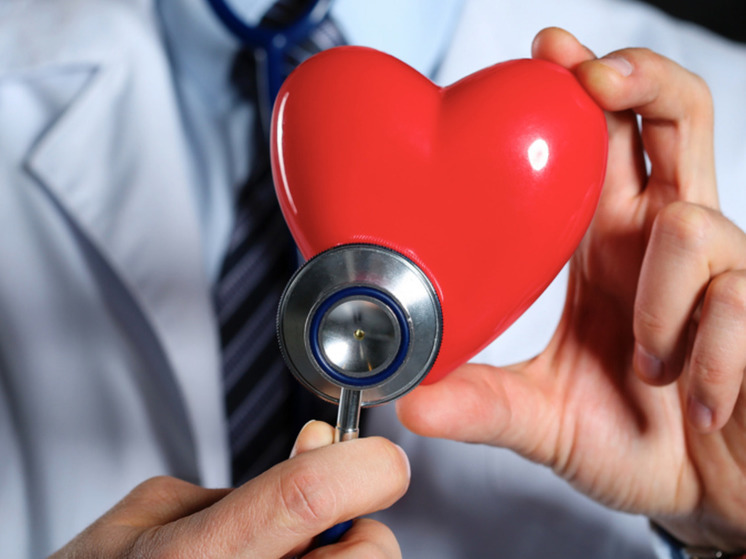Scientists have discovered a new factor for the attention of cardiologists
A new study has found that the risk of heart disease increases in young people who have lost a sibling. The results highlight the impact of grief on cardiovascular health, experts say. If a person is bereaved, which many health care providers look for when taking a family history, this test will make them wonder whether the loss may still be affecting the heart.

People who lose a sibling in childhood or early adulthood may be at higher risk of developing heart disease early in life, a new study finds.
Chinese researchers from Fudan University in Shanghai and the Chinese University of Hong Kong estimate more than two million people in Denmark born between 1978 and 2018. Among those who lost a sibling, the average age at death was 11 years.
Based on surveillance data, the researchers found that the death of siblings in childhood and early adulthood increased the overall risk of cardiovascular disease by 17 percent. The experts also noted that the incidence was higher among those who had lost a twin or younger sibling compared to an older sibling.
“The findings highlight the need for additional attention and support for bereaved siblings to reducing the risk of cardiovascular diseases in later life,” the researchers urge attention.
David Schoenfeld, director of the National Center for School Crisis and Bereavement at Children's Hospital Los Angeles, commented on the Fox News colleagues' findings: «Research on the impact of adverse experiences that occur in childhood across the lifespan has demonstrated their impact on physical health in adulthood.»
“Although initial research into adverse childhood experiences did not specifically look at the impact of the death of a close family member, we know that the death of a parent or sibling is one of the most stressful experiences for children and can contribute to short- and long-term effects on psychological functioning as well as their physical health «, the expert added.
Cardiologist Jonathan Kahan acknowledged that the trauma of losing a loved one can extend far beyond the initial loss.
“This can lead to a variety of side effects, including chronic stress, survivor's guilt and a variety of other emotional or physical reactions,” he told Fox News, “that have been directly linked to cardiovascular disease, as has been shown in numerous studies. A traumatic event, such as the loss of a sibling, can significantly impact the adult lives of those who survive.» Kahan referred to a condition known as «broken heart syndrome» or stress-induced cardiomyopathy, which typically , can often occur after the death of a loved one.
Based on the results of this study, Kahan called on cardiovascular surgery specialists to focus on non-traditional risk factors for cardiovascular disease, such as loss, bereavement and stress.
“Healthcare providers end up focusing on on patients during the immediate and acute phase of loss; However, given these results, the bereavement factor should also be a focus, the doctor said.
And for a person who has lost a sibling, what is a “nonmodifiable risk factor” for heart disease, according to Kahan , it is important to seek help after a traumatic event, be it emotional, physical or social.
“In my experience, the typical response to grief and trauma from losing a loved one is to internalize their pain, stop doing sports and isolating yourself from other social activities, which is the exact opposite of what you should do,” he explained in a conversation with the American publication.


























































Свежие комментарии